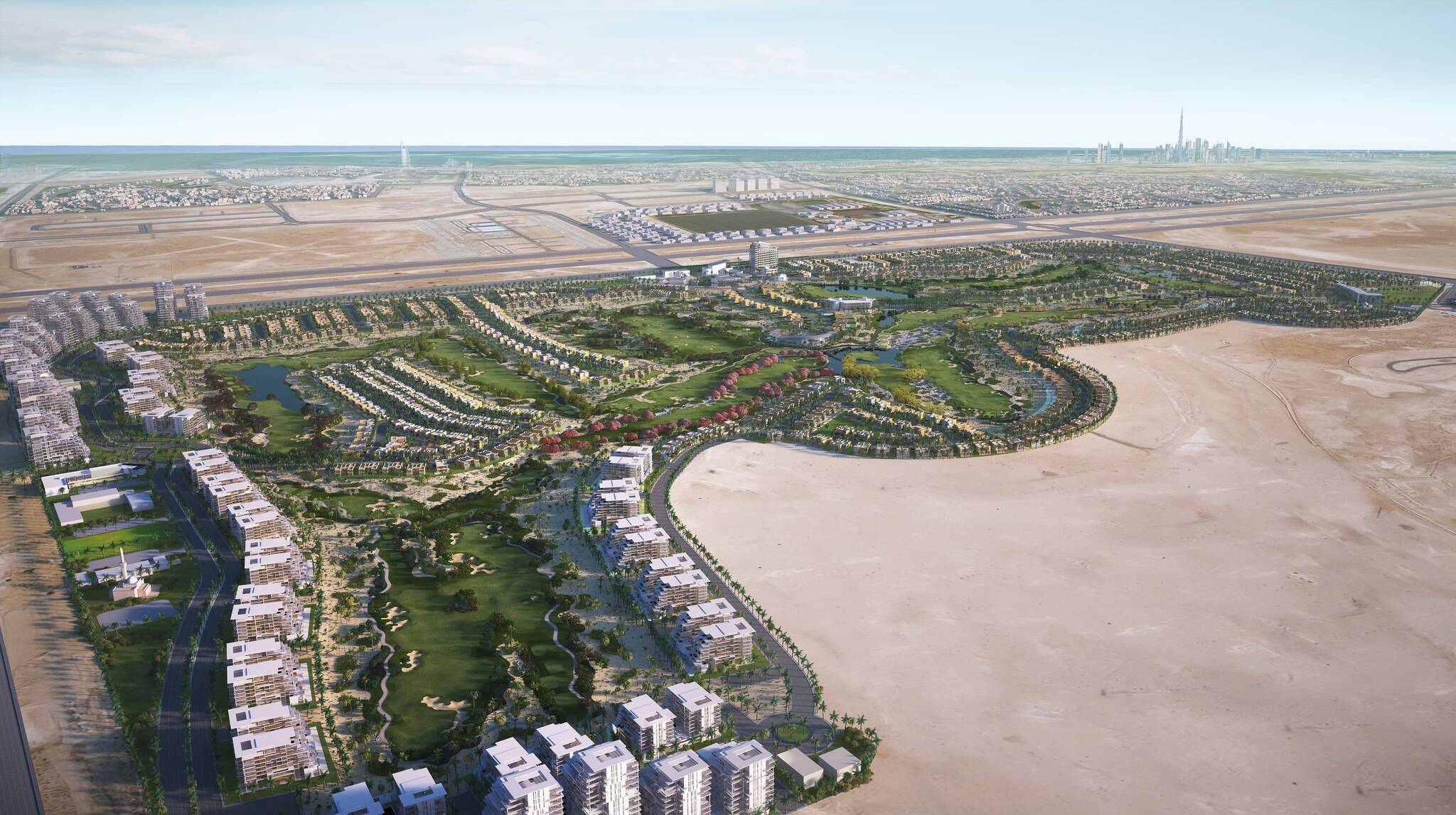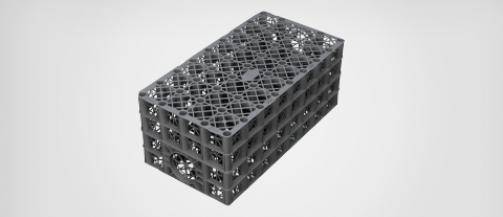Meeting the demand for resilient cities in the UAE and Middle East through urban design
Tuesday 26th September 2017

Building resilient cities is a responsibility shared by all involved in the construction industry in the UAE and Middle East.
The threat presented by climate change is so stark that action is needed now to ensure that all current and future building projects across the region are not just resilient in spirit and word, but in practice too.
Following the UAE’s ratification of the Paris Agreement, Dubai is at the forefront of planning and modelling climate change strategy. The raft of local regulations and strategy visions (UAE Vision 2021, UAE Centennial 2071, Estidama, GSAS/QSAS and the Dubai Green Building Regulations to name a few) make it clear that this is an issue which concerns us all.
At the C40 Dubai Adaptation Conference, representatives from 43 C40 cities (the global network of megacities committed to addressing climate change) came together to address the impacts of climate change, and to ensure that climate adaptation is embedded into all decision making and infrastructure projects.
C40.org, reported in a blog on building resilient futures, that, “Unless preventative action is taken, climate change-related natural disasters have been estimated to put 1.3 billion people at risk by 2050 and destroy assets worth $158 trillion – double the annual productive output of the world.”
Practical solutions to meeting the threats and risks associated with climate change are vital
One of the biggest challenges for those designing and working in Dubai and the Middle East regions is to mitigate the risk of potential flooding and the associated damage to people, the environment and the economy. The combination of a naturally hot and arid environment, rapid mass urbanisation, industrial development, a growing population and increased water consumption means that whilst water is in naturally limited supply, when rain comes, the risk of flooding is significant.
How SuDS help reduce the risk and impact of flooding
Buildings and developments designed with Sustainable urban Drainage Systems (SuDS) which collect and recycle storm/surface water, not only help mitigate the risk of local flooding, but also help to reduce the potential for flood events during extended storm events which are becoming more regular under the considerations of climate changes.
In short, SuDS help property developers and contractors build ambitious projects in which local populations can thrive, whilst meeting their government and municipality climate change responsibilities.
How Polypipe is helping contractors build resilient developments
Polypipe’s extensive range of drainage, rainwater systems and water management systems including SuDS technology such as Polystorm and Permavoid help developers create resilient, sustainable cities.
The Polypipe geocellular tanks and capillary irrigation systems have been developed to capture, control and re-use stormwater within the built environment, providing a one-stop approach to surface water retention and treatment, attenuation, infiltration, soakaway and flow control to utilise water as ‘on-demand’ natural irrigation.
Permavoid is a shallow geocellular water conservation system aimed at managing surface water at source, fixing problems which typically occur in too dry, or too wet conditions. When it’s too wet, Permavoid keeps water out of sewers to reduce flooding; when it’s too dry, it’s a source of water, reducing the amount of irrigation water needed and feeding plants to keep them alive.
It can be used directly below pervious surfaces and drain asphalt surfaces as a source control technique, or below impermeable top surfaces in conjunction with a water treatment system such as Permachannel. It’s ideal for pavement structures and projects requiring shallow soakaway, attenuation or detention such as landscaping and in areas with high water tables.

Polystorm SuDS from Polypipe.
Suited for deeper applications, Polystorm, which is manufactured in Polypipe’s 72,000ft2 facility in Dubai, is designed for use in lightly trafficked and non-trafficked areas, and can help developers create space for managing water within the built environment. Its geocelluar design can create a strong, flexible tank below parks, roads (or other hard surfaces) to store water channelled from buildings and surface drains.
Instead of surface and storm water being wasted by running off directly into the sewer system (and potentially flooding sewer systems), it’s captured and diverted to be reused to help sustain the local environment. Using the natural infiltration properties of subsoil, the geocellular system can assist with replenishment of groundwater at a controlled rate and volume that won’t saturate or flood surrounding land, minimising environmental impact.
Resilience in action
By providing unrivalled sustainable water management solutions, Polypipe is helping contractors and developers across the region build resilient projects that will not only stand the test of time, but also the test of nature.
Examples include developments such as in Jumeirah, Dubai, where Polystorm was selected as a reliable soakaway solution to help mitigate flooding in an important residential project, as well as at Msheireb Downtown, Qatar’s largest mixed use regeneration project.
How Polypipe could help make your development resilient and sustainable
Polypipe systems are versatile, adaptable and designed to cope with a variety of applications, from large commercial developments to schools, landscaped and residential areas.
They’re tried, tested, proven and intelligently engineered. Not only that, but they’re quick and easy to install, helping keep development costs down.
Having operated in the Middle East for over 50 years, Polypipe has built a solid reputation for helping property developers, contractors and planners identify innovative water management solutions to put resilience and sustainability at the heart of the development, whilst maximising profitability.
Contact us today to discuss the transformative solutions for your project:
Tel: +971 (0) 4 518 3000
Email: middleeast@polypipe.com
